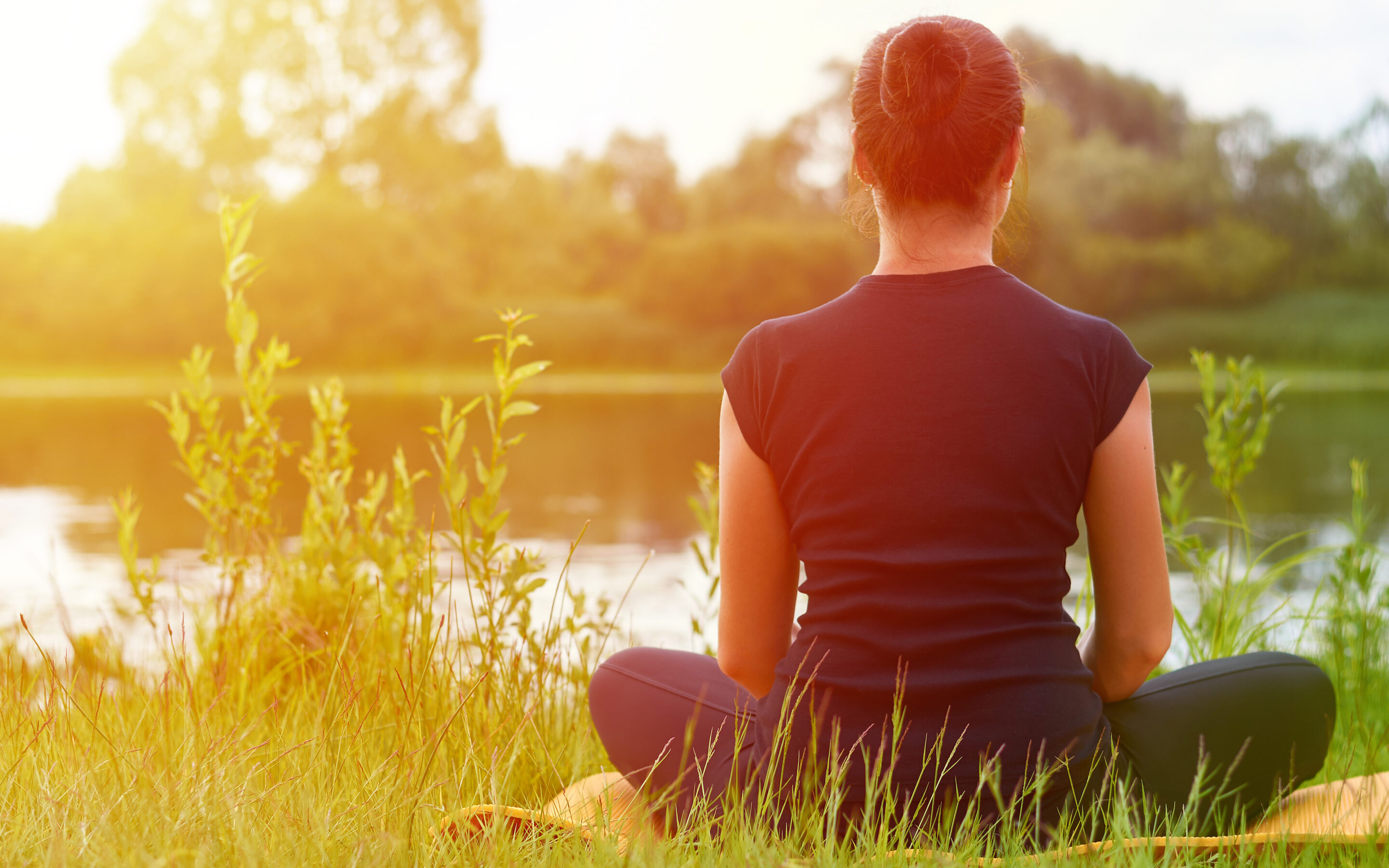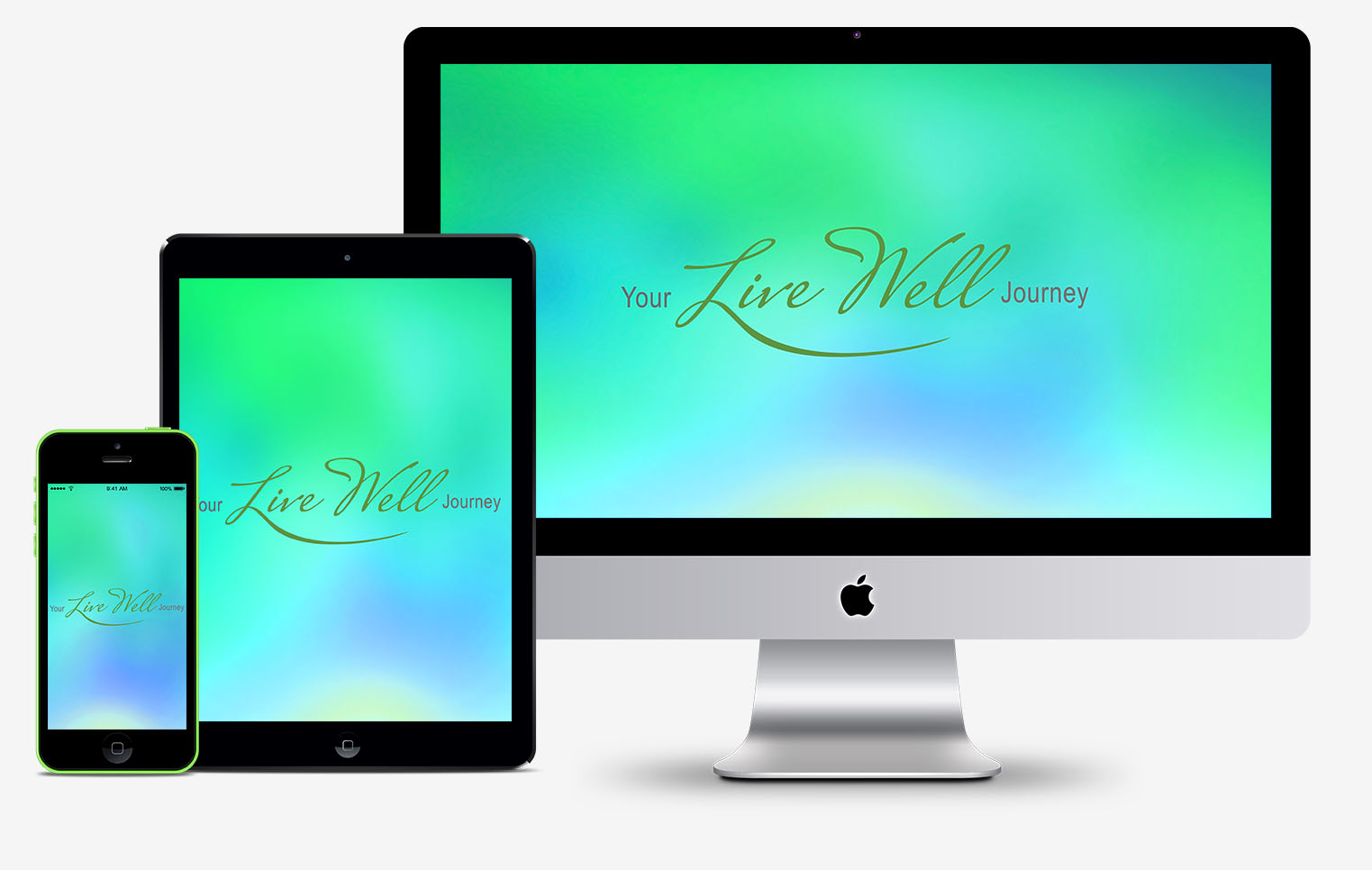Meditation ~ What is it and why do it?
What is meditation?
Wikipedia defines it as, 'A practice where an individual uses a technique – such as mindfulness, or focusing their mind on a particular object, thought or activity – to train attention and awareness, and achieve a mentally clear and emotionally calm and stable state.'
The definition on headspace.com says, 'It’s about training in awareness and getting a healthy sense of perspective. You’re not trying to turn off your thoughts or feelings. You’re learning to observe them without judgment. And eventually, you may start to better understand them as well.'
I like both of these definitions and my own definition of meditation is, 'Allowing myself time to be still and quiet, while giving my body the opportunity to breathe. I mean really breathe. Allowing deep, intentional inhales from my belly followed by long exhales.'
For me meditation is not about trying to turn off all the many thoughts that whirl around in my brain on any given moment. It's about not becoming attached to a thought. It's about allowing thoughts to pass. Knowing that my thoughts are just things and I don't have to become 'hooked' on to each one. I do, in fact, have the power to detach from them and not allow them to run the show.
Meditation is also my time to quiet the voice in my head. Not quiet it as in shut it up (that's impossible), I mean quiet it to a whisper. It's still there going on about this and that, it always will be, however when I'm meditating the volume is very low.
And other times, meditation is my tool to discover an answer. Allowing myself time to be still with the intention of being open to receiving insight, always works very well for me when I'm feeling uncertain about something.
Meditation is a wonderful tool we all have the power to use. Whether you're 5 or 105, or any age in between, you can receive numerous (proven) benefits from this ancient practice.
Benefits of Meditation:
Meditation is a fabulous act of self-care. Studies have shown that meditation helps:
- Reduce anxiety, stress, and depression
- Increase mental clarity
- Stimulate creativity
- Infuse calm, peaceful feelings
- Keep us in the present moment (which is so important in our ultra-busy world)
- Increase amount and quality of sleep
To learn more about the many benefits of meditation, click here.
Tips for Success:
Anyone who knows me knows I'm big on setting myself up for success. I believe that when implementing anything in your life, you're far more likely to achieve your goal if you first set yourself up to succeed. Here's a few ways you can set yourself up for success to creating a meditation practice that remains in your life.
Commit to the same time:
By committing to meditate at the same time everyday you're helping yourself establish a habit. Kinda like brushing your teeth each morning. You likely do this around the same time each day without even thinking about it. In fact, you may even put off doing something else until after you've brushed your teeth. Your meditation practice can be the same.
Connect meditation to another habit:
Committing to meditate either before or after an already established habit will help you remain committed to doing it. For example, you may choose to meditate after you brush your teeth each day.
Create the space:
Choose a space in your home that you love to be in for your meditation time. If you love the space, you're more likely to want to be in it. Bring into that space things you love that will help give the space the energy you want while meditating. For example, you might choose to light a couple of candles and/or play soft music.
Be comfortable:
Wear comfy clothes and ensure you're not too hot or too cold. There's nothing worse than being in jeans that are a bit too tight or feeling too hot or cold while giving your body an opportunity to feel less adrenalized and reduce stress.
Think of your meditation time as a ritual:
I believe that one of the reasons why I'm so successful in maintaining my daily self-care practices is because I don't associate them with routine. I consider them my rituals. Click here to find out why I love the word ritual so much and why I use it.
Let go of excuses:
Before you begin creating your meditation practice, know that your mind will come up with at least 600 reasons why you don't have time for it. This is inevitable. Being prepared for this will greatly help you not give in to all the other things your mind tells you you need to do instead.
Reduce distractions:
Let everyone else in your home know of your intention to create this new practice. Ask them to please leave you alone during this time so you can be still without interruption. Another easy distraction is your phone. Turn all notifications to silent or don't have your phone near you when meditating.
How to Meditate:
I don't believe there is a right or wrong way to meditate. Given that there are so many different types of meditations out there, I believe it's important to find a style that works best for you. The following are guidelines to help you get started.
First, I don't believe you have to sit in a certain position or even sit for that matter. I believe in being comfortable while meditating and sometimes that means I'm sitting on the floor, other days it means I'm laying on my back, and sometimes I'm sitting in a chair. I do believe in sitting up straight, if I'm sitting, and always keeping my body open. Meaning, my arms are by my side or gently resting on my lap palms facing up. I want to ensure breath and energy are easily flowing throughout my body without restriction.
You can meditate with your eyes open or closed. If open, gently fix your gaze on something in front of you, like having tunnel vision. This way you're less likely to be distracted by other things around you to look at. By remaining focused on one thing, you'll help keep yourself in your 'meditation zone.'
Begin by intentionally bringing relaxation to your jaw and shoulders. There are areas where we commonly hold tension in our body.
As thoughts arise, and they will, notice them and allow them to pass. If you find yourself caught up in a thought, simply notice that, then release yourself from it by bringing your attention back to your breath. I always think of my breath as an anchor, it's always there for me to focus on and bring my attention back to when my mind wanders.
Remember, meditation is a practice. It's never about perfection. Some days your practice will be amazing and feel effortless. Other days it'll feel like a huge chore and you'll wonder if you even received one benefit from it. The key is to keep at it. Even when your mind tells you there's so many other things you could be doing instead. Learning to meditate is just like learning anything else, the more consistent you are, the more comfortable you'll feel with it. You might even learn to love it!
To learn more about my meditation journey, click here.
How do you define meditation? Please leave a comment below and let me know ~ I'd love to hear from you.
If you love this blog, I'd greatly appreciate you sharing it so that others can benefit from reading it as well. Thank you.
Looking for more tips to help you live well? Check out Your Live Well Journey - The Podcast, every episode offers ways to help you improve your self-care.
Ready to move yourself to the top of your to-do list? Click here to learn more about my Mentoring Program and book your FREE consultation today!


